What is a documentary? The first thoughts that usually flow my mind are history related or scientific. I think this assumption comes from the lack of exposure in this type of medium. Documentaries serve a purpose in illuminating a subject or topic in a factual manner. After the subject is established, the mode is up to the director. However, the range of subjects is countless just as the mode and form of the documentary. So to try to fit it into a single context and form would be misleading when defining what a documentary is.
If we happen to find a video footage of something historical, can we automatically call it a documentary? I think before we do that, we should try to answer the questions of subject, purpose and mode. Take Constantinople Panorama de la Come dÓr as an example. It is an old footage of Istanbul shot by Alexandre Pomio in 1897. It is certainly a document but to call it a documentary, I think that it should have a form, an understandable purpose and a narrative.
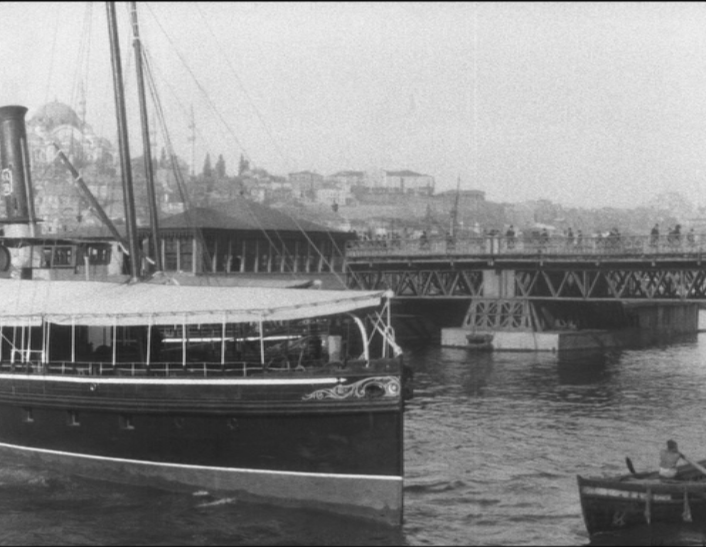
Let’s take the same subject and analyse Planet Galata in this manner. This documentary is also about Istanbul. There is lots of footage and interviews with selected characters weaving up a panorama of the city. However, it does not end there. The narrative is rather original. The documentary is presented through a software called Korsakow which gives the viewer the power to pick what to pick next as a bits of stories come up on the screen. The bits of stories are interviews with different types of people who talk about their lives and struggle of living in Istanbul. There is a variety in the people who participate. There are businessmen who have earned their living by working really hard just as trash collectors who believe they are stuck with this kind of lifestyle. There is a heart warming 15 year old whose dream is to become a fisherman. Each story touches the soul and the form of the documentary is nonlinear giving the audience a choice in this context. There is also a narration of the German tourist in between the stories, which helps with the narrative flow and gives us a chance to breathe within the influx of stories.

I think another aspect of documentary to think about is the message. There is always a message that the director wants to give or an issue to think about. This quality brings out the political and ideological side of documentary. The documentary Travestiler uses irony, exaggeration and mockery to convey its message. It sets a target group and brings up all the conventional prejudices about transvestites.
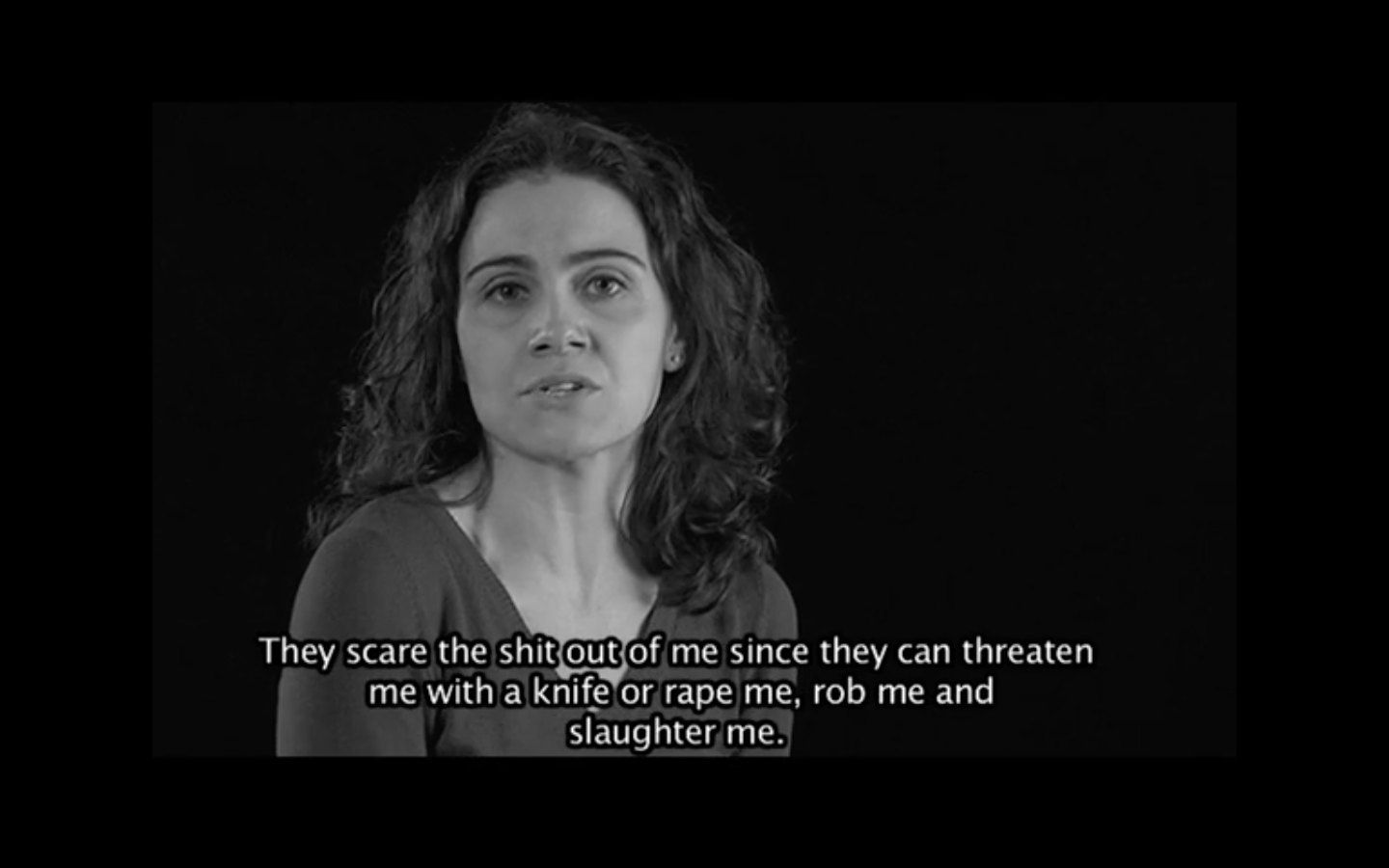
However, these prejudices are presented to the viewer in an ironic mocking manner bringing out the ridiculousness in these thoughts. This also puts out a criticism in the documentary. The conventional representation of a group is shown just as much as a conventional documentary would do. This mockery highlights the message behind the documentary.
So while thinking about what a documentary is, when all the elements add up we can see that it is also a type of power. It has a power to give a message, to criticise, inform, offer a different perspective and put out a work through a creative style without having to stick to a single form. It is more than just historical facts or scientific figures.




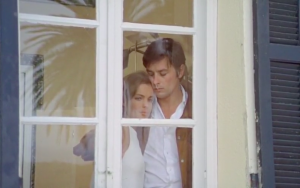
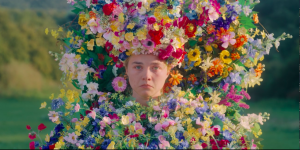
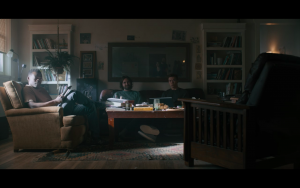


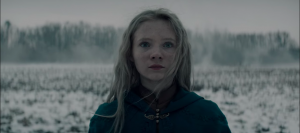
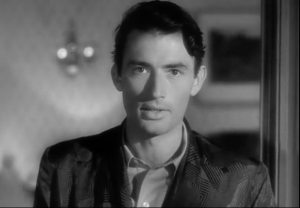



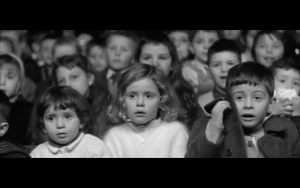
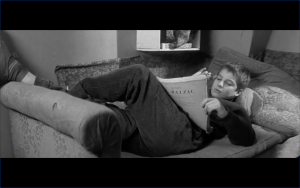
Leave a Reply